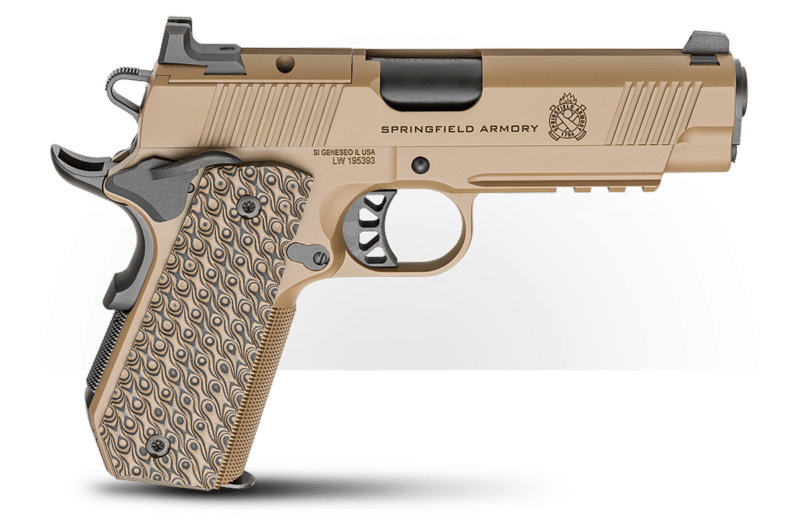What Is a Semi-Automatic Firearm?
November 21st, 2024
5 minute read
Most human pursuits have their own dedicated lexicon. As an example, sweating is what normal people do when they get overheated or meet someone they find attractive. For a plumber, however, sweating is a means of joining two pieces of pipe.

The gun world is awash to its gunwales in similarly quirky confusing terminology. For those of us who live in this world, these terms are familiar and comfortable. Anyone just dipping their toes into the sport, however, could find the unique jargon of the firearms world overwhelming. The term we shall tackle today is semi-automatic.
Variety Is the Spice of Life
The man-portable firearm first made its appearance around the 10th century in China. These primitive guns were called fire lances. Since then, the state of the art has evolved.

A single-shot firearm is just that. There are several disparate designs, but in each case you load a single cartridge, fire the gun, and then extract and remove the spent cartridge. The firearm only holds one shell at a time.
Repeaters, on the other hand, are firearms that carry several cartridges in a magazine and fire them sequentially. The earliest repeating designs typically employed some kind of manually-driven mechanism to effect reloading. Lever-action guns are driven by a pivoting lever oriented underneath the firearm.
Bolt-action firearms include a manually operated bolt that is typically manipulated via a handle protruding out of the side of the gun. Cartridges are usually loaded individually from the top or via a magazine from the bottom. Working the bolt handle manually ejects an empty case and feeds a fresh cartridge into the chamber for firing.
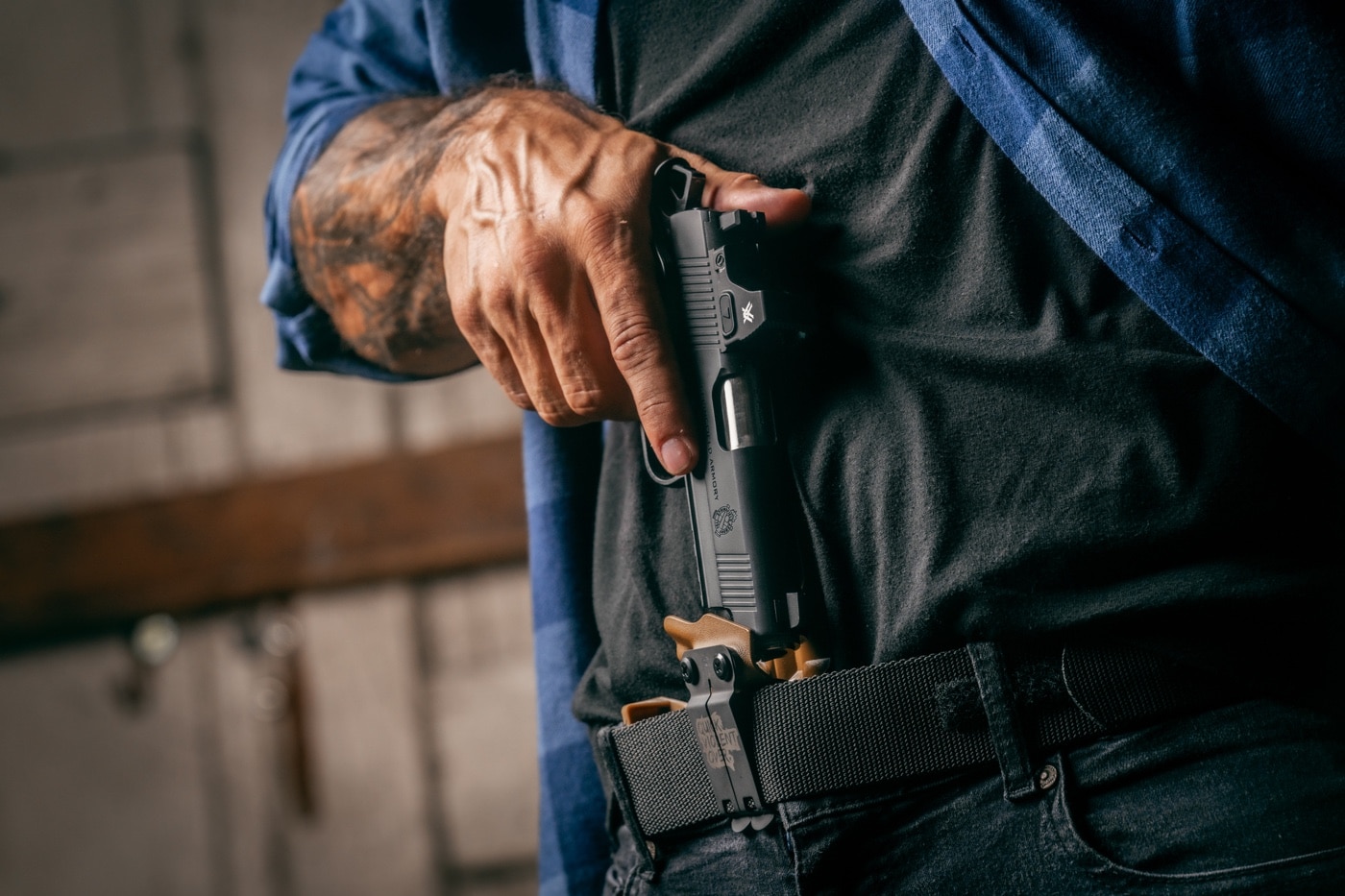
Pump-action weapons feature a reciprocating bolt conceptually similar to that of our previous repeaters. However, in a pump-action firearm, manually sliding the forearm back and then forward is what ejects the empty and loads a fresh cartridge. By contrast to these various designs, a semi-automatic gun does much of this mechanical work for you.
The Art of the Ballistic Oxymoron
On its surface, the semantics of the term might appear incongruous. Semi-automatic seems a bit like being partially pregnant. However, as it relates to a firearm mechanism, semi-automatic takes on a clearly defined meaning. A semi-automatic firearm is a self-loading gun that sequentially fires one round of ammunition with each pull of the trigger.
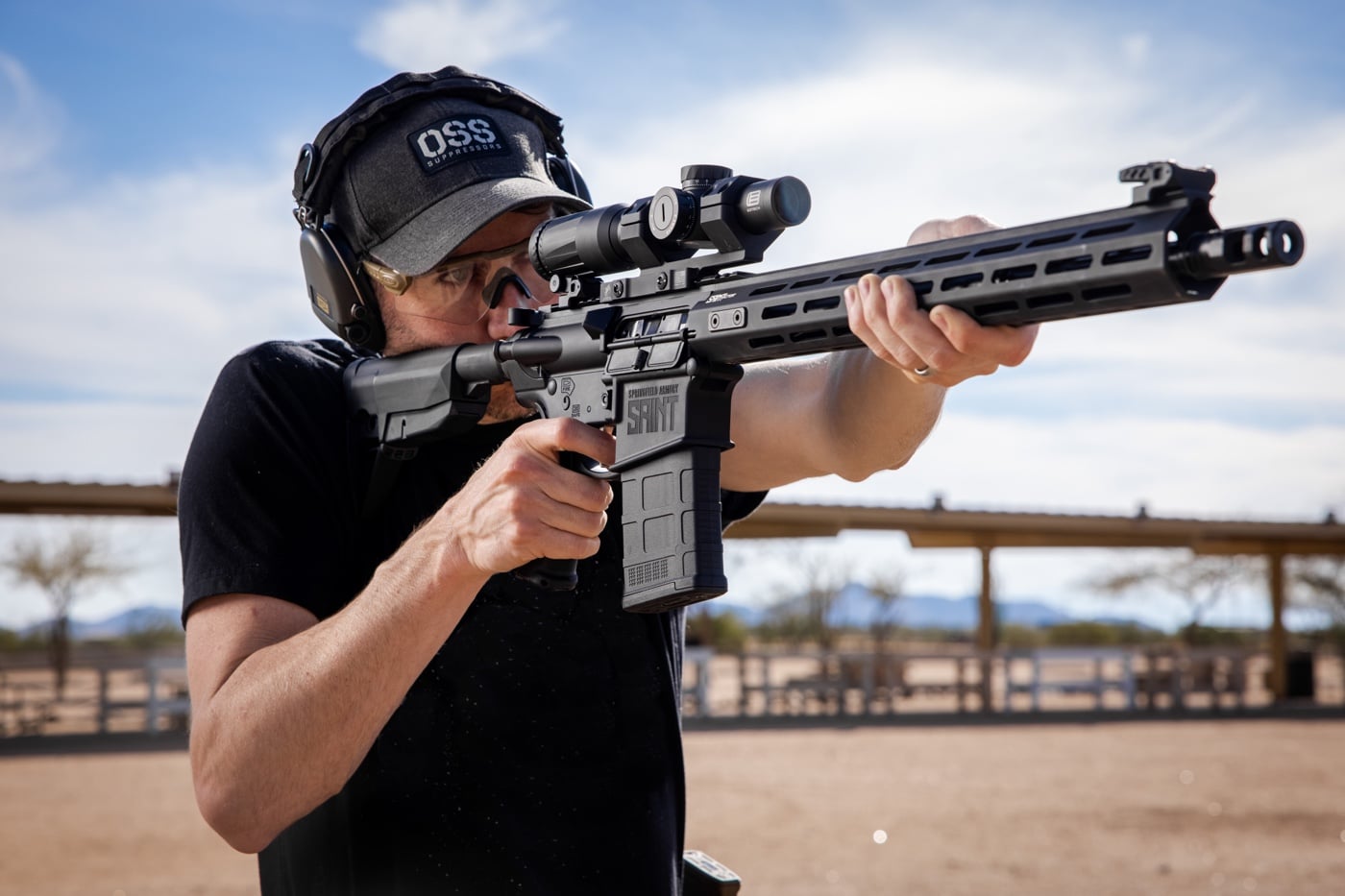
There is a broad gulf between semi-automatic and fully automatic firearms. While semi-automatic guns fire a single shot with each squeeze of the trigger, fully automatic weapons (machine guns, in the vulgar tongue) continue firing automatically until the trigger is released. Fully automatic weapons are heavily regulated across most of the world.
Ferdinand Ritter von Mannlicher patented the first successful semi-automatic rifle in 1885 in Austria. In fairly short order, the planet was awash with them.
Semi-automatic firearms come in a variety of flavors. The basic semi-automatic action can be found in rifles, pistols and shotguns. Rifles are designed to be fired from the shoulder. Pistols are intended to be operated in the outstretched hand. Shotguns fire shotshells typically loaded with multiple small spherical projectiles. While these three categories of firearms have widely different applications, the semi-automatic design is common throughout.
How Does a Semi-Automatic Firearm Work?
Semi-automatic firearms use some component of the firing energy to eject an empty case and automatically load a fresh cartridge. The gun’s mechanism ensures that no more than one round at a time is fired with each trigger squeeze. These autoloading firearms most commonly feed from some kind of ammunition container called a magazine.
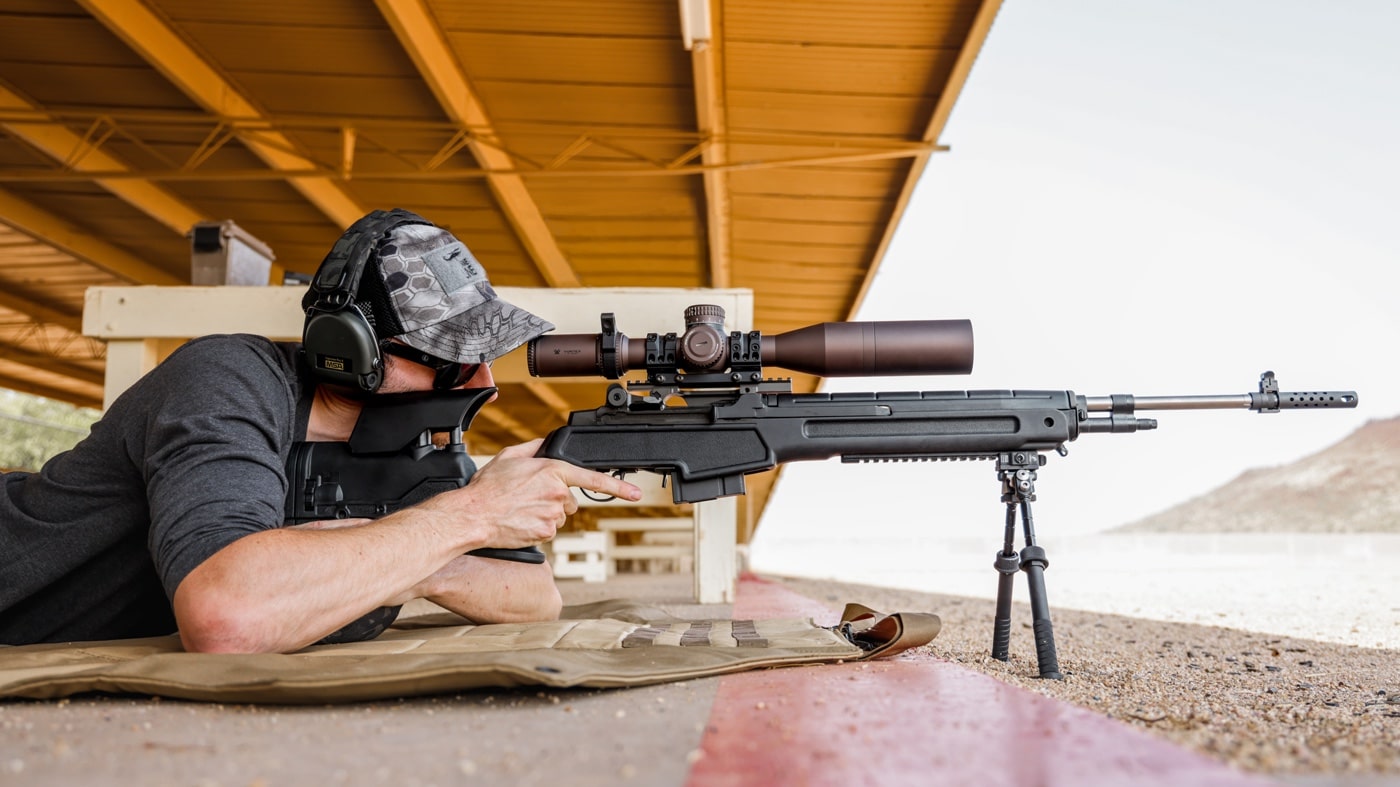
Autoloading semi-automatic guns might be driven by the recoil force of the departing projectile, high-pressure gas tapped from behind the bullet in the barrel, or some combination. The flower of modern engineering prowess has invested simply breathtaking effort at perfecting these mechanisms. The current state of the art is indeed therefore fairly impressive.
What Is the Appeal of a Semi-Automatic Firearm?
Advances in metallurgy and design make semi-automatic handguns ideal for concealed carry and personal defense applications. These guns can be thin and concealable or hand-filling and exceptionally accurate — or some combination of both. Most every cop on the planet packs a semi-automatic handgun these days.
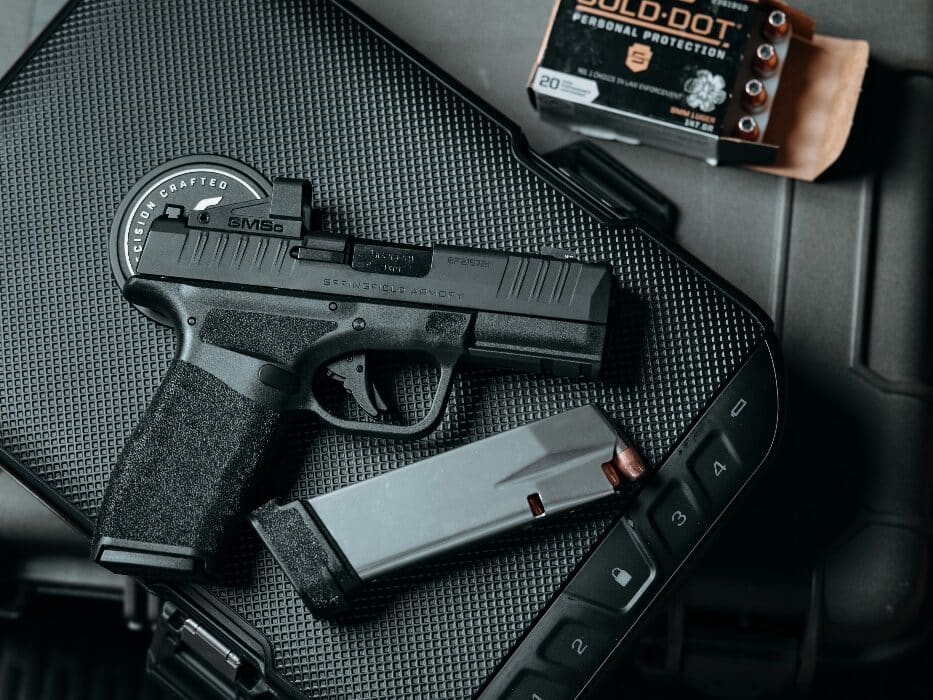
Semi-automatic rifles like the Springfield Armory SAINT represent the ideal defensive platform. Lightweight with trivial recoil, it can face down threats both bipedal and otherwise. These attributes have made the AR the most popular rifle in the country. And let’s not forget the classic M1A as well!
Ruminations
Semi-automatic firearms are fairly complicated machines filled with moving parts. They therefore require basic maintenance for reliable operation. There is also a learning curve associated with running a semi-automatic firearm well. Familiarity with the switches and sundry controls, trigger management, and magazine changes are all acquired skills that atrophy if not regularly exercised.
Most novice gun buyers opt for a semi-automatic firearm as their first gun. Learning the firearm’s character and personality is innately enjoyable. Developing the skills to shoot such a firearm accurately, safely and quickly is rewarding. Whether the application is target shooting, hunting, or personal defense, mastering a semi-automatic firearm is a satisfying goal for any able-bodied, law-abiding citizen.
Editor’s Note: Please be sure to check out The Armory Life Forum, where you can comment about our daily articles, as well as just talk guns and gear. Click the “Go To Forum Thread” link below to jump in!
Join the Discussion
Featured in this article
Continue Reading
Did you enjoy this article?

 79
79







